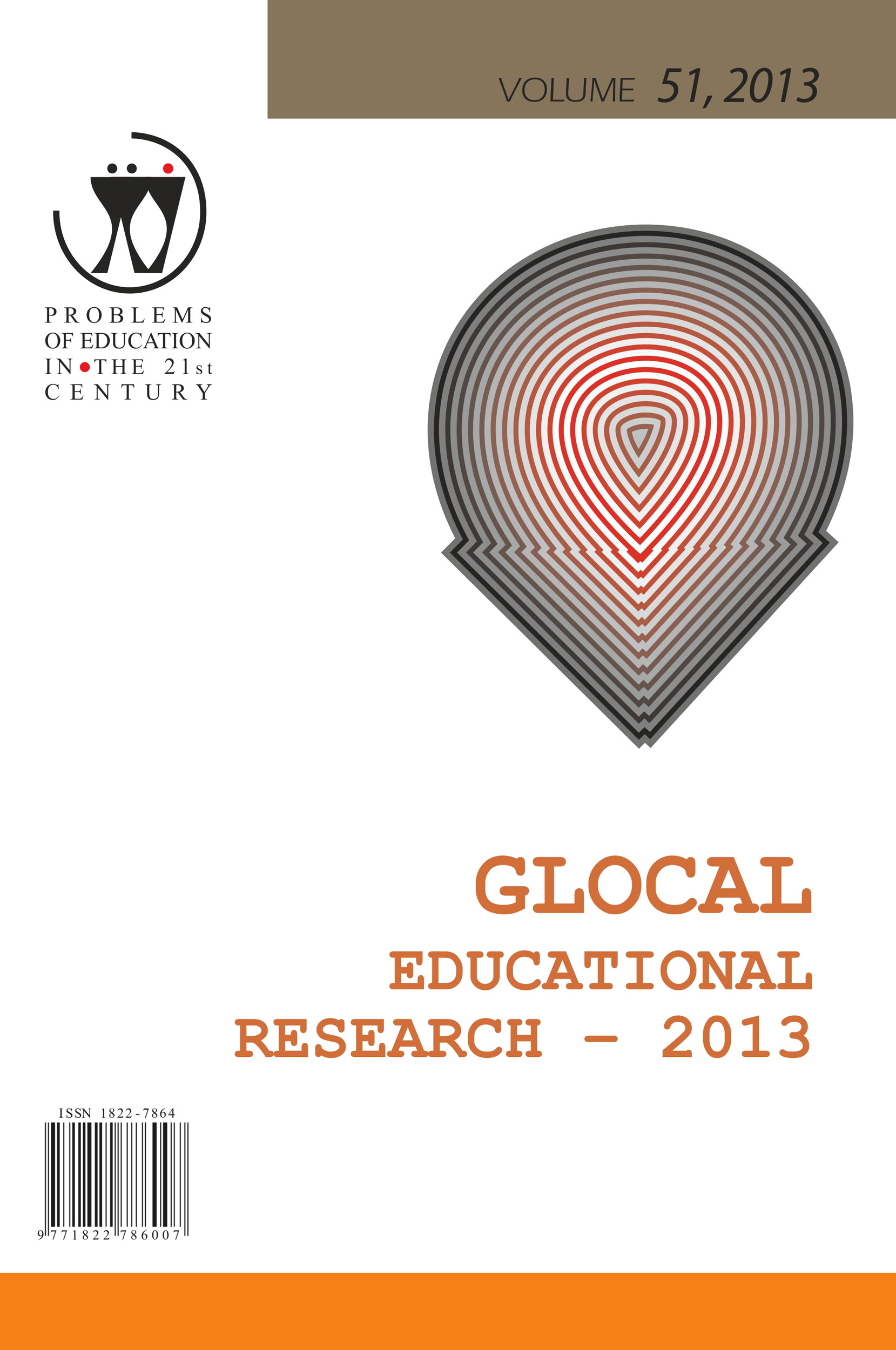LEARNING TO READ IN ADULTHOOD: AN EVALUATION OF A LITERACY PROGRAM FOR FUNCTIONALLY ILLITERATE ADULTS IN GERMANY
LEARNING TO READ IN ADULTHOOD: AN EVALUATION OF A LITERACY PROGRAM FOR FUNCTIONALLY ILLITERATE ADULTS IN GERMANY
Author(s): Melanie Boltzmann, Jascha Rüsseler, Zheng Ye, Thomas F. MünteSubject(s): Education, Adult Education, Pedagogy
Published by: Scientia Socialis, UAB
Keywords: adulthood; fMRI; evaluation; functional illiteracy; reading and writing; training program;
Summary/Abstract: It is estimated that 759 million individuals worldwide are illiterate, i.e. they cannot read or write properly. With 95%, the majority of the illiterate population lives in developing countries. In most cases, these individuals did not attend school and, therefore, did not have the chance to acquire any skills in reading and writing. They are referred to as primary illiterates. However, illiteracy is not restricted to developing countries: In developed countries there are individuals who have great difficulties with reading and writing despite attending school for several years; they are termed as functional illiterates. For most individuals, the ability to read and write is crucial for being employed and socially accepted. Thus, education is an essential prerequisite for personal growth and satisfaction with life. The present research presents an innovative approach to overcome deficits in reading and writing in adults. The effectiveness of the program was investigated in two courses, each comprising 18 German functionally illiterate adults. Results show that participation in the program was accompanied by improved literacy skills and neuronal changes measured with fMRI.
Journal: Problems of Education in the 21st Century
- Issue Year: 51/2013
- Issue No: 1
- Page Range: 33-46
- Page Count: 14
- Language: English

